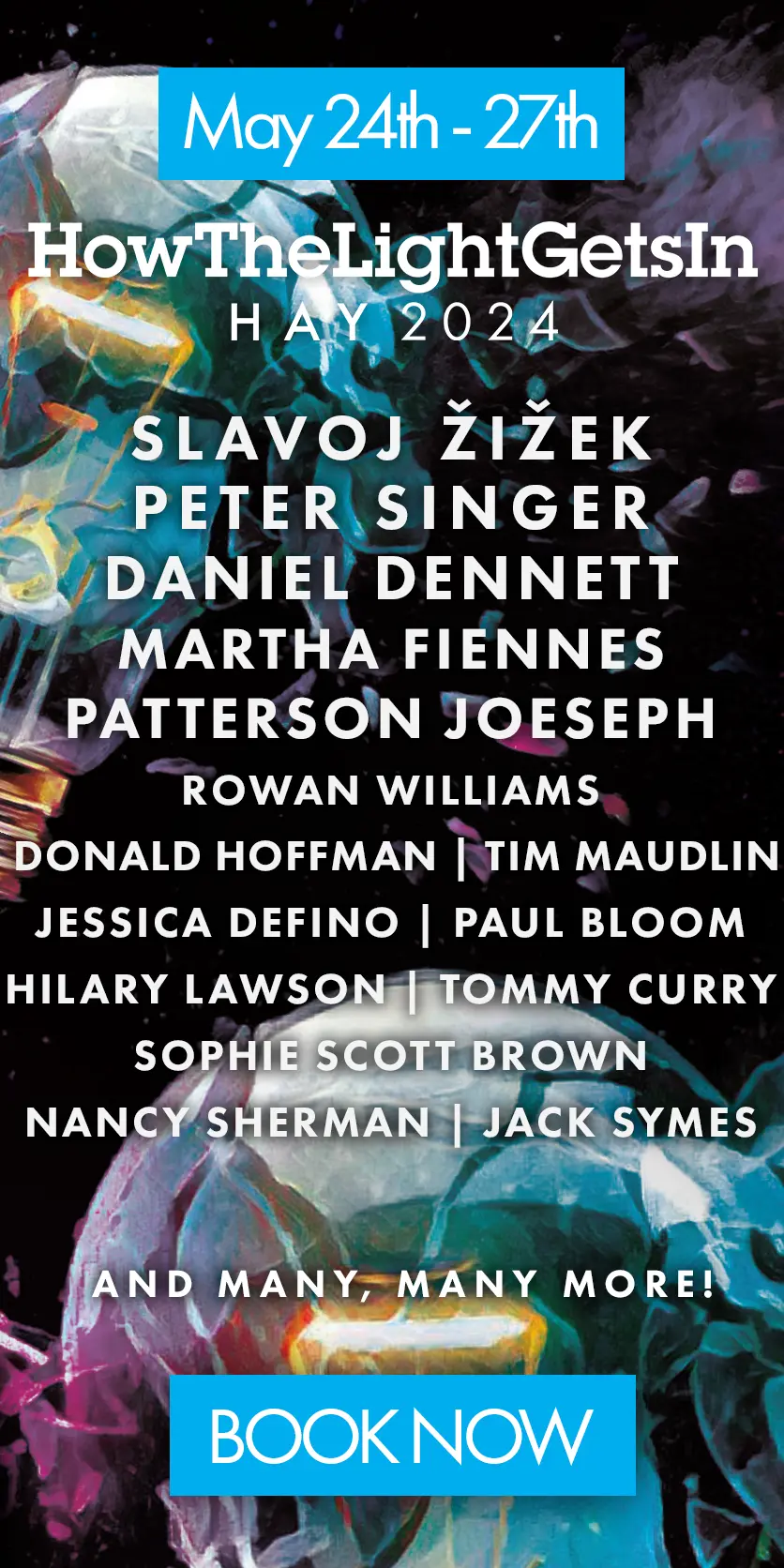Each day we embark on a small personal epic: to earn money, to survive, to nurture our families; also, to contend with the trials of being “realistic” or at least convincing to others. I am a novelist and one of the philosophical notions that particularly concerns me is this idea of “realism”. Realism is, as social and aesthetic judgment, almost always positive and set against its disreputable opposite, “unrealism”. People are rebuked for “unrealistic expectations”, advised instead to “be realistic”, to “get real”. Likewise, “realist” novels are supposed to represent “real life”. But what does this even mean?
Even as you strive to respond to society’s calls – to be the adult, the parent, the employee – you are bemused by rival selves, former calls. You intuit an unchanging kernel self, deep within, your thoughts drift through imaginary futures. We live with one foot in the wider world of cultural creeds and givens, otherwise, as Larkin wrote in Days, we soon come to the notice of “the priest and the doctor /In their long coats…” Yet, much of the time, we are mesmerised by fleeting half-thoughts, half-words, memories that have nearly faded , fantasies, premonitions, anomalies – the uncanny, dreamlike strangeness of ordinary life…
Considering the madness of days, and the limitless tracts of what we do not know, the notion of “realism” is peculiar indeed. Surely you would have to solve the mystery of reality as a whole, before you could demarcate “realistic” activities, personalities or novels? Lacking omniscience, as we all do, absolute realism is a remote grail, and the realist novel is as unattainable as Borges’s invented novel in The Garden of Forking Paths – a novel that charts every path, taken and refused, of a single life, and therefore blurs distinctions between the wished-for and the achieved, the fantastical and the actual. Lacking omniscience, realism is a convention, as remote from – or proximate to – unfathomable “reality” as “fantasy”. And who knows which?
“Hear me!” wrote Nietzsche. “For I am such and such a person. Above all, do not mistake me for someone else." This advocates something like personal realism, an insistence – in the face of general unknowing – on one's own distinctness and the validity of one's own impressions. Nietzsche is questing for independence from transient conventions of truth and reality, masquerading as eternal laws. To paraphrase, creatively, he is saying: “Stop giving me roles to play in your manufactured comedies and tragedies, masks to wear, words to speak, stop telling me who I am, what I feel, what I mean. I am no other person, I am finite and unique: do not tell me who I am!”
In the Live Fast, Die Young debate, I was trying to say that there is a slightly clichéd notion of what it means to “live fast, die young”: James Dean, Marilyn Monroe, absinthe-drinking bohemians, drug-snorting rock stars, so many doomed youths and fragile, self-destroying beauties. So I was suggesting that the “live fast, die young” mantra brings with it these archetypes and conventions – and there's a possibility that they might become prescriptive and unyielding. Of course, if you genuinely feel that absinthe is central to your creative vision then that should be your free choice, so long as no one else gets mangled or abused.
However, adopting the mantra “live fast, die young” simply because you feel it’s “the right way to rebel” might in the end lead to self-suppression and conformity – i.e. someone who secretly likes collecting flowers and butterflies ends up going miserably from one wild party to another, snorting cocaine while thinking mournfully of their quiet study and their Annals of Lepidoptery.
So, one thing I think it’s important to question is to what extent the mantra might lead to “acting out” – people playing a part that has little to do with what they really want, simply because it has become an accepted protocol. And how this is a paradox, of course: if you live fast in a prescribed way, how “fast” are you living? Again, Nietzsche: “Are you genuine? Ar just a play-actor? A representative?”
For me, living “fast” is probably more about stripping away the disguises, the personae, the “play-acting” – daring to present a genuine face to others, to be “such and such a person” and nothing else. This has nothing to do with dying young, etc, and I tried to say that there are, for me, many more interesting varieties of daring – i.e. daring to have children, to experience such extremes of love and possible agony, or daring to say what you believe while threatened with punishments and ostracism, or daring not to rebel if rebellion has been commodified and demarcated.
My interest lies less with overarching creeds and more with the individual, the distinct, finite, compelling individual who tries to live without recourse to props, who is prepared to stagger, stumble, even crawl rather than fall back on the consoling solidity of societal givens and the modes of others. This uncertain progress through life is more “real” to me than slogans and mimicry – it might even be the only chance we have of “realism”, however tempered by indeterminacy and vicissitudes…
Live Fast, Die Young
Is it ever possible to be truly oneself?

5th December 2013
Latest Releases
















Join the conversation